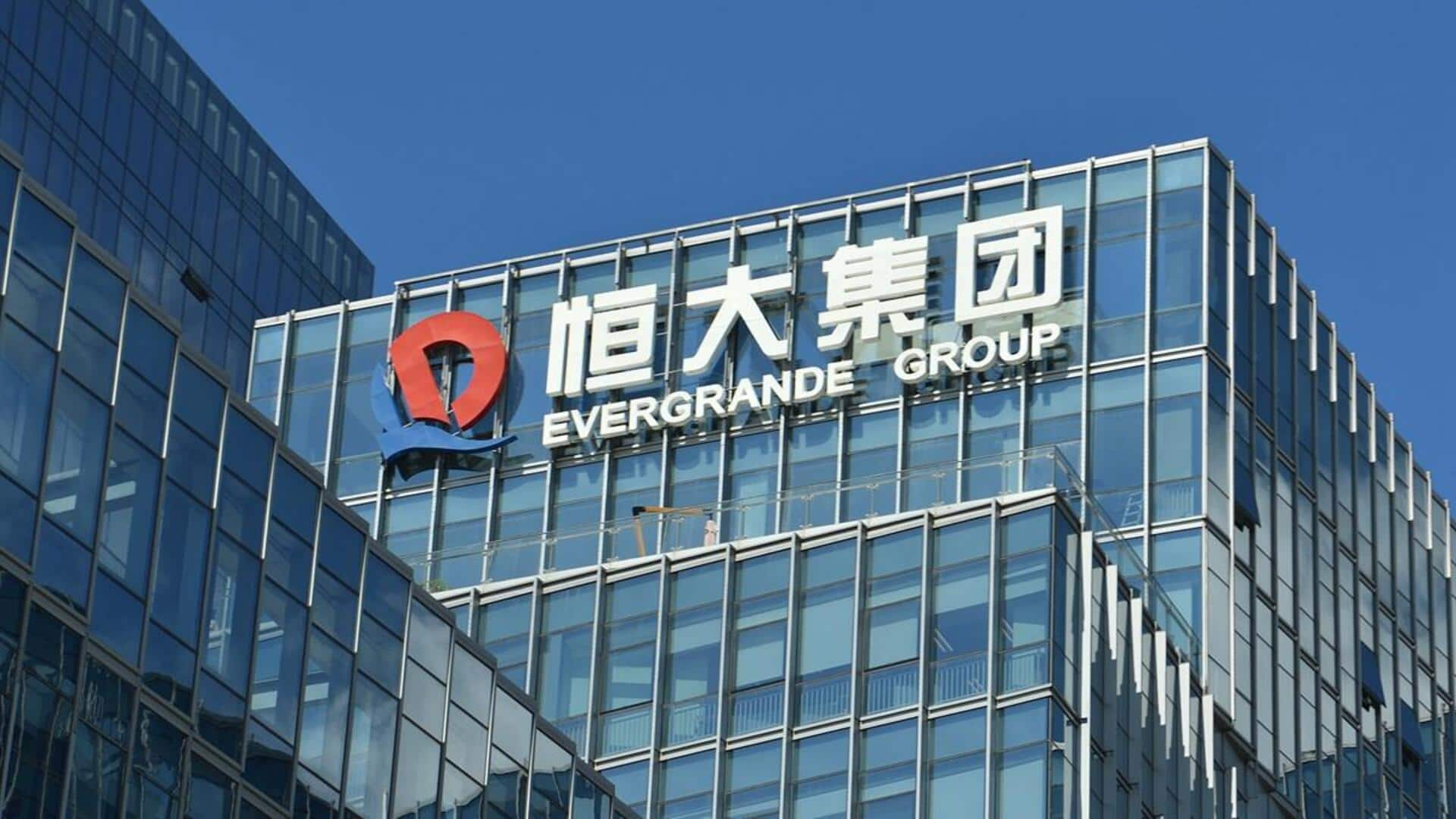
China Evergrande and its founder accused of $78 billion fraud
What's the story
Evergrande, the beleaguered Chinese property behemoth, and its founder, Hui Ka Yan are accused of inflating revenues by a staggering $78 billion in two years leading up to the company's debt default. The China Securities Regulatory Commission (CSRC) has slapped Evergrande's flagship unit, Hengda Real Estate, with a hefty fine of $583.5 million for this alleged malpractice. Hui could also be hit with a lifetime ban from China's financial markets and a fine of $6.5 million.
Strict governance
Regulatory action amid Evergrande's financial crisis
The CSRC alleges that Hui, formerly China's wealthiest individual, directed employees to "falsely inflate" Hengda's annual results in 2019 and 2020. The regulator also intends to impose a lifetime ban on Hui from participating in the securities market. Evergrande, burdened with over $300 billion of debt, received a liquidation order from a Hong Kong court in January this year. Liquidators are currently assessing the company's overall financial health and potential restructuring plans.
Fraud details
In-depth look at Evergrande's alleged fraud
The CSRC claims that Evergrande's domestic division, Hengda Real Estate Group, artificially boosted its income by approximately $29.7 billion in 2019 and a further $50 billion in 2020. These inflated figures represented half of Hengda's revenue in 2019 and a whopping 79% in 2020. The CSRC also accuses Hui of delaying the publication of Hengda's earnings reports and neglecting to disclose the lawsuits it faced as well as missed debt payments.
The solution
Liquidation and potential asset sales might settle debts
In the wake of Evergrande's liquidation order from a Hong Kong court in January, the company's assets could be seized and sold off to settle outstanding debts. However, the Chinese government may be reluctant to halt construction on property developments where numerous prospective homeowners are awaiting homes they have already purchased. The liquidators are presently scrutinizing Evergrande's overall financial situation and potential restructuring strategies.
The fall
Hui's fortune has fallen to around $1 billion
Once Asia's second-richest man, Hui has seen his fortune dwindle to around $1 billion following Evergrande's default in 2021. His empire began to crumble after regulators imposed borrowing restrictions as the economic downturn and COVID-19 pandemic hampered sales. In September, Hui was subjected to a form of police control due to 'suspicion of illegal crimes.' The CSRC's measures include civil penalties, and Hui, along with other accused parties, have the right to present defenses before the penalties become effective.
The bigger issue
Ramifications on China's property market and economy
Evergrande's financial troubles have become emblematic of the wider crisis plaguing China's property market—an industry that makes up one-third of China's economy. The sector has been under financial strain since 2021 when authorities implemented measures to curb borrowing by large real estate developers. This has resulted in several major property firms defaulting on their debts. Official data reveals a 9% decrease in property investment and 30% decline in new construction projects in January and February compared to 2023.